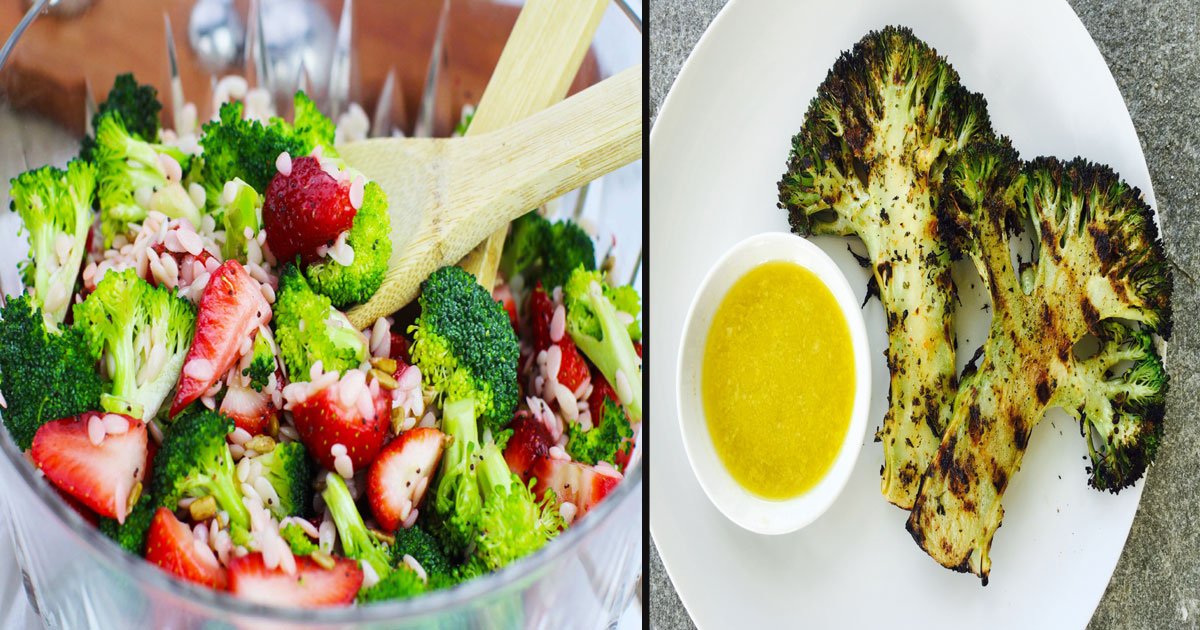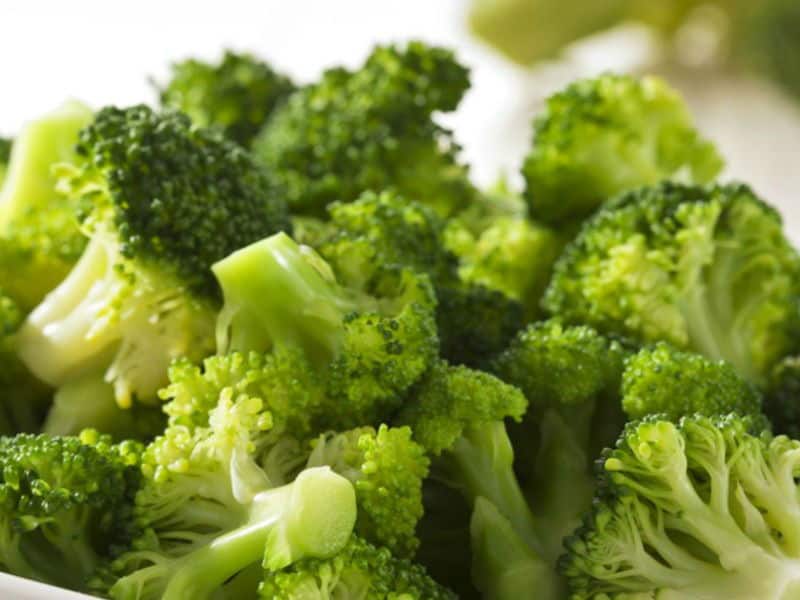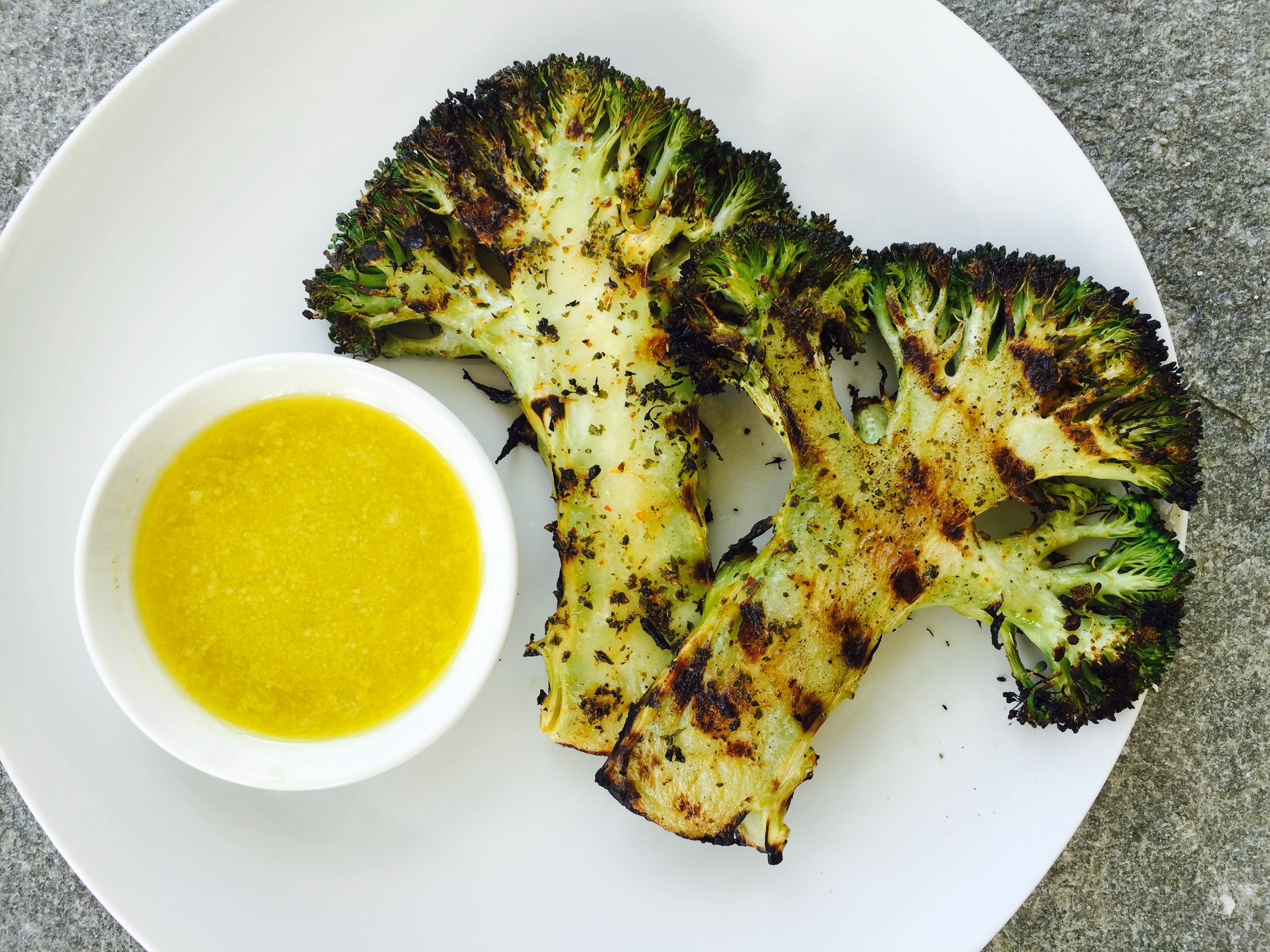Many people don’t know about the health benefits of Broccoli, it is one of the most nutritious vegetables from the cruciferous family.
We should eat this vegetable on a regular basis for about one and a half cups daily or at least five cups per week. Cruciferous vegetables, such as broccoli, have several health benefits to offer.
Broccoli has many vitamins and minerals. Aside from them, broccoli also contains:
Folate
Fiber
Chromium
Vitamin E
Vitamins B1, B2, B3, and B6
Manganese
There are many studies that say, less inflammation with eating broccoli regularly. Inflammation, particularly when chronic, can lead to cancer. Broccoli helps in preventing oxidative stress, which can also lead to cancer.
Also, broccoli offers you a good amount of fiber, it contains 21% of fiber RDA or one gram of fiber for every 10 calories in this green.
Fiber helps food move through the body and because of the regular movement, this improves intestinal health. Glucosinolates that converts into isothiocyanates are also present in broccoli, which can protect the lining of the stomach from bacterial overgrowth.
Studies say broccoli can also help in reducing the levels of bad cholesterol in the body or LDL. High LDL levels can cause heart disease. Vitamins B in the vegetable, as well as the phytonutrients, work together to improve cardiovascular health.
Greens, such as broccoli, also have lutein and zeaxanthin just like yellow and orange food, which helps in preventing macular degeneration or weakening of the eyes as a result of getting older.
You should always make sure that you preserve broccoli’s nutrients. There are cooking methods that could reduce or even eliminate health benefits. Here are some tips in preparing broccoli:
Use cold running water when you rinsing.
Cooking should be quick and even, so cut the florets into four parts.
Include both the stems and leaves for a balanced flavor.
Don’t cook the broccoli immediately after preparing it to enhance its nutrients.
Boiling broccoli for five minutes can help preserve quercetin and kaempferol, which are flavonoids. This can also help in retain beta-carotene and lutein.
Steaming can help retain chlorophyll and vitamin C, but microwaving is better. Pressure cooking though retains the most of the vegetable’s vitamin C.
Recommended Video
“The Color Of Blood In Your Pad Will Tell You A Lot About Your Health”





